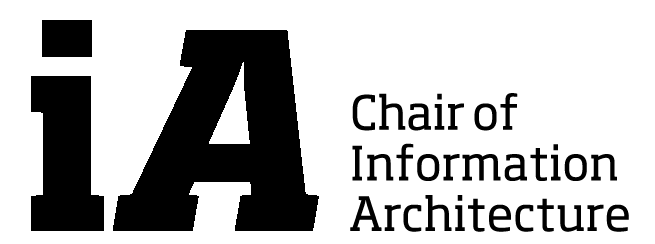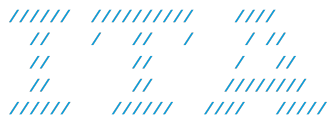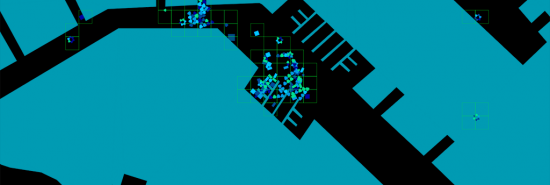Addressing high demand for new public urban spaces by exploring reclaimed water areas
Urban water spaces, lakes and rivers have an impact on the image of the city and have played a key role in the social and economic development of cities throughout the centuries. As economic, social and cultural values of an urban land is immensely increasing, a high demand for new public urban spaces leads to reclaiming of water areas within the cities. Such urban and architectural interventions within water environments attract citizens and visitors to occupy these places and interact with them, bringing new cultural and social values which enhance a particular urban identity. As different social groups and activities, as well as considerations addressing climate change and increasing sustainability and resilience place different demands on design and use, the redevelopment of urban waterfronts provides an ideal testbed for new concepts of citizen engagement and adaptive and responsive urban developments.
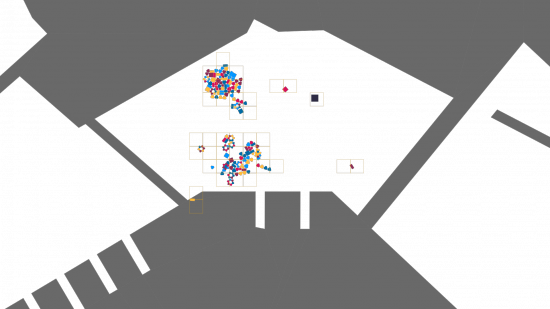

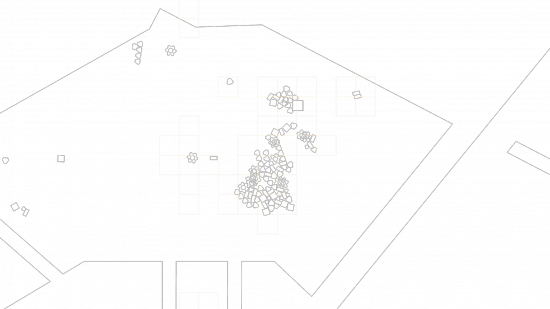
Problem statement
At the same time our cities, neighbourhoods, buildings, and urban spaces suffer from the problem of standardized production, repetition, uniformity, monotony and similitude. There is a gap between industrially fabricated elements of small scale prototypes (such as cars) to extra-large architectures, urban environments, and cities in general (Verebes 2015). The ubiquitous standards, common production in a building industry and fixed permanent solutions that are no longer actual can lead to anonymous and estranged life and societies in cities. However, a city often changes and is activated from bottom-up and this characteristic of its fluidity and state of continuous flux strongly seeks for a feature of its adaptability. More specifically, it appeals for such systems that can adapt to local specificities with the impact on their spatial and geometrical qualities and with a consideration to urban density, interstitial space, connectivity, diversity and in respect to differentiated local climate zones (Weinstock 2013).
Architectural and urban planning is nowadays a highly specialised process, which does not actively engage the users of these spaces in the design process and in consequence to some extent neglects their needs, preferences, and also does not take advantage of their local and living knowledge of a place, which could benefit the design of more diverse, adapted and adaptive environments. Although participatory processes exist and have occasionally been successfully implemented, generally applicable frameworks or process models are scarce or non-existent as well as the tools to support these.
Research Goal
To address these challenges of contemporary cities and to support citizen engagement in the design process and the adaptation of urban space according to their needs (Seraj 2015), the goal of the research project was to develop a customised floating spatial system, which is modified and adapted on-site in a full scale directly by citizens as end users. The resulting system will be ready to explore, to react appropriately on citizens’ inputs, to create, to share and to assemble physically and in an interactive way on-site and fully bottom-up in order to empower and activate the local community, enhance community life and provide opportunities for participation and the contribution of community values (Bullivant 2017) with an impact to liveable conditions of the given environment. In so doing, the research proposed a prototype of a floating proto-architectural system, consisting of a set of simple pre-defined modules which can be assembled, re-assembled and assembled again in different configurations by the end users (citizens) on-site, leading to a diverse number of more complex architectural and spatial variants. Water, as a key environmental and architectural feature of a given space, can serve as a medium for adaptability, flexibility and interaction with the system.
Keywords: adaptive cities, floating cities, bottom-up urbanism, on-site participation, user-driven customised cities, urban floating proto-assemblies, responsive cities, citizen participatory design
Contact:
PETER BUŠ | bus@arch.ethz.ch | +41 76 278 6087
AYÇA TARTAR | tartar@arch.ethz.ch | +41 44 633 70 47
Mei-Chih Chang | chang@arch.ethz.ch |
Katja Knecht (FCL Singapore)
Xu Ming (FCL Singapore)
